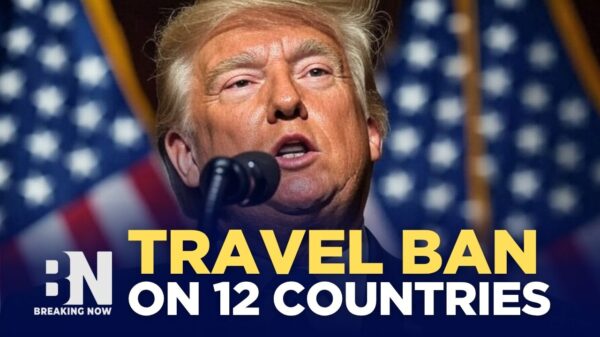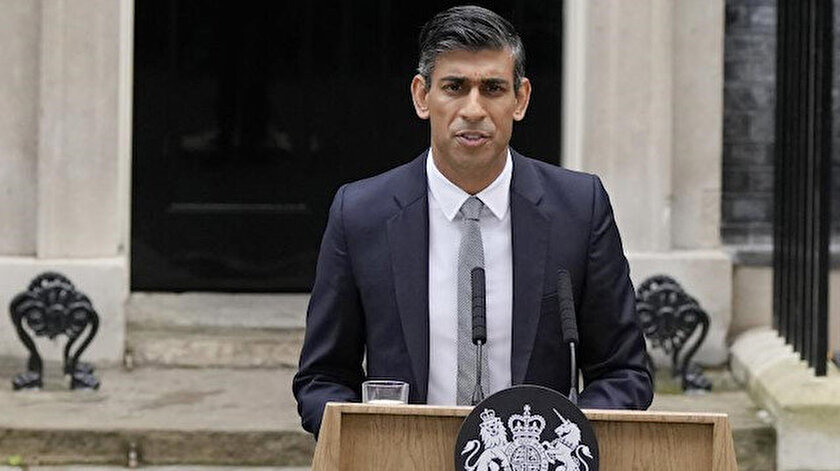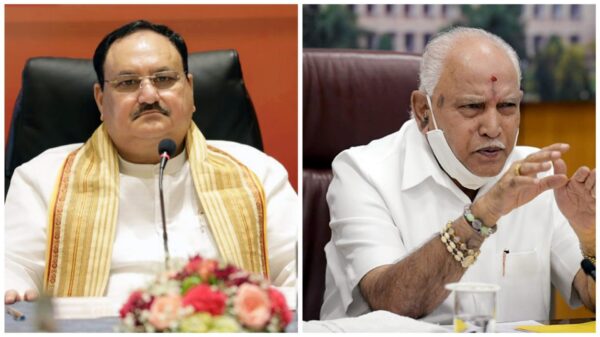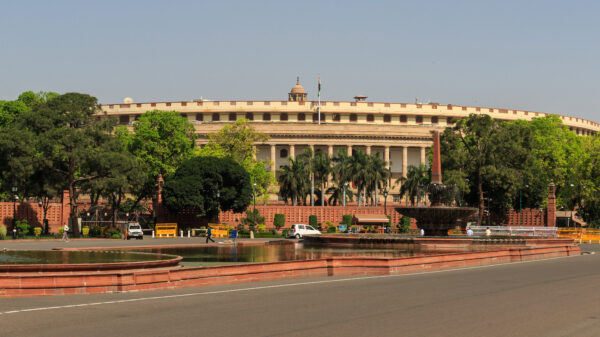Trump Imposes Tough Travel Ban on 12 Countries Over Security Concerns
On June 4, 2025, U.S. President Donald Trump signed a presidential proclamation imposing a strict travel ban on nationals from 12 countries. The directive aims to shield the United States from “foreign terrorists” and various security threats, marking a significant move in the Trump administration’s immigration and national security policies.
Countries Affected by the Travel Ban
The travel ban fully restricts entry for nationals of Afghanistan, Myanmar, Chad, Congo, Equatorial Guinea, Eritrea, Haiti, Iran, Libya, Somalia, Sudan, and Yemen. Additionally, nationals from seven other countries — Burundi, Cuba, Laos, Sierra Leone, Togo, Turkmenistan, and Venezuela — face partial travel restrictions.
The proclamation, effective from June 9, 2025, at 12:01 a.m. EDT, represents an intensification of the administration’s efforts to tighten border security and immigration controls.
Reasons Behind the Travel Ban
President Trump justified the travel ban by stating that these countries either harbor a “large-scale presence of terrorists,” fail to cooperate on visa security, have inadequate criminal record-keeping, or demonstrate an inability to verify traveler identities. He emphasized the risks posed by visa overstays and the need for stringent vetting procedures.
“We cannot have open migration from any country where we cannot safely and reliably vet and screen those who seek to enter the United States,” Trump said in a video posted on X.
International Reactions and Responses
The announcement of the travel ban drew immediate responses from affected countries. Somalia, one of the 12 countries subject to full restrictions, expressed willingness to engage with the United States to address security concerns. Somali Ambassador Dahir Hassan Abdi highlighted Somalia’s commitment to dialogue and cooperation.
This travel ban echoes a similar policy implemented during Trump’s first term, which restricted travel from seven majority-Muslim nations. That original ban faced multiple legal challenges but was ultimately upheld by the Supreme Court in 2018.
Political Context and Historical Background
Former President Joe Biden repealed the original travel ban in 2021, condemning it as “a stain on our national conscience.” However, Trump’s second term has seen a resurgence of strict immigration policies, with the new ban reflecting broader efforts to secure U.S. borders.
In October 2023, Trump previewed plans to restrict travel from regions deemed security threats, including the Gaza Strip, Libya, Somalia, Syria, Yemen, and other locations. The January 20 executive order mandating intensified security vetting laid the groundwork for the current travel restrictions.
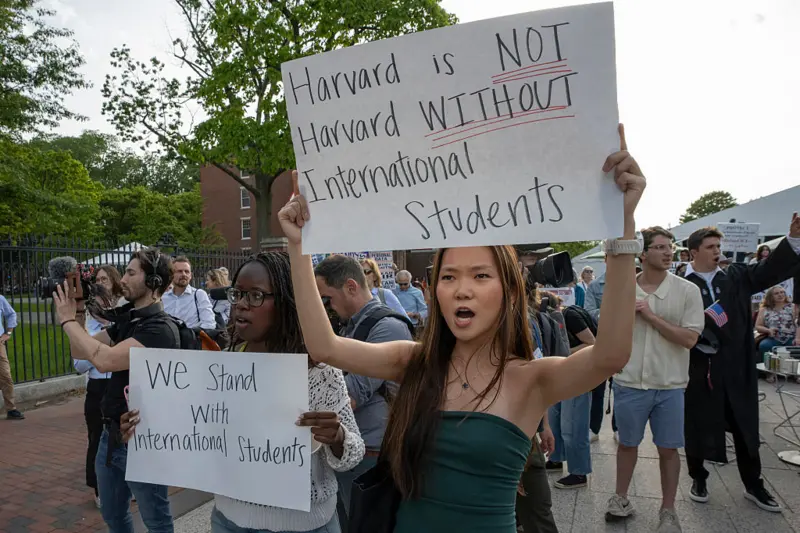
Implications of the Travel Ban
The travel ban is part of a wider immigration crackdown by the Trump administration, which has prioritized national security and border control. Critics argue that the ban may fuel diplomatic tensions and impact families and businesses affected by the restrictions.
Supporters maintain that the travel ban is necessary to prevent potential terrorist threats and safeguard American citizens.


